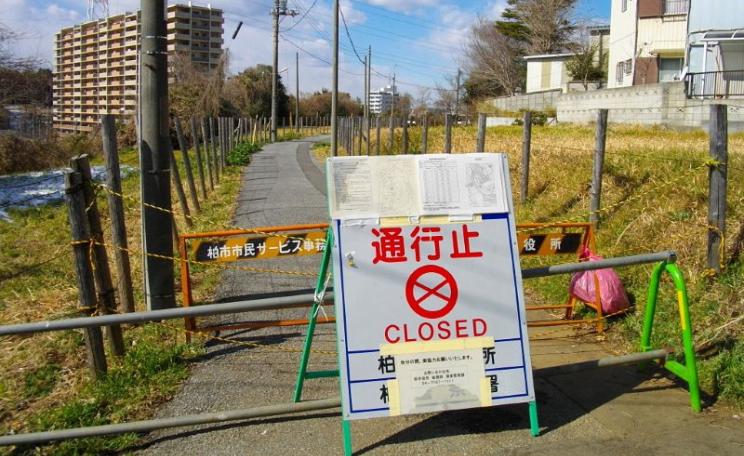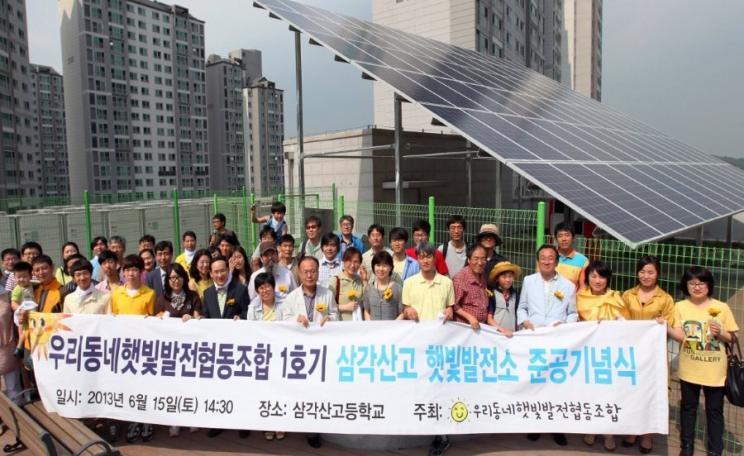Now is the time for those concerned about the environment and human rights to raise their voices about this destructive trade deal and make sure that this 6,000-page injustice never sees the light of day.
Trade Ministers from twelve Pacific countries will sign the Trans Pacific Partnership (TPP) in New Zealand today, signaling the end of a protracted seven-year negotiation process.
But ratification by national parliaments remains far from guaranteed as opposition to the undemocratic agreement continues to build.
The countries signing on to TPP account for 40% of global GDP. The deal is not just about import tariffs, but a range of issues that will affect access to health, the energy we use and our governments' abilities to regulate in the public interest.
For example the New Zealand Prime Minister John Key admitted that the TPP would increase the price of medicine. For many countries this means a choice between life and death for their citizens.
The agreement was negotiated in complete secrecy. Trade ministers will continue this undemocratic tradition by signing the deal in an expensive hotel far from public view, even before most parliaments have had a chance to properly discuss it.
Yet massive street protests will provide leaders with a noisy reminder that the TPP faces a strong public backlash and difficult ratification battles in national parliaments. According to recent Ipsos polling fewer than one in five Americans believe Congress should pass the deal.
Resistance is growing across the Pacific
Things have not gone smoothly for what President Obama calls "the biggest trade deal of the 21st century" since it was agreed in October last year.
The US could prove to be where TPP faces its biggest challenge. Without American support the whole thing could collapse. 2016 is a presidential election year, making a controversial trade deal very difficult to pass, especially given that leading presidential candidates, Clinton, Trump and Sanders all oppose it.
Furthermore, in Congress there is resolute opposition to the TPP from the vast majority of Democrats and a growing number of Republicans. The situation is such that Inside Trade notes "the TPP itself may be a lame duck".
The people of Canada have elected a new Liberal government, who has demanded a comprehensive analysis of the impacts of the TPP. Who can blame them? One new study by Tuff University estimates the country will lose 58,000 jobs because of the deal - and that's just Canada's share of the 771,000 jobs TPP will kill in the 10 years after it comes into force.
There is also growing public opposition in other TPP countries. Recently in Malaysia over 15,000 people took to the streets to denounce the deal, New Zealand's major opposition party has called for the deal to be renegotiated and a legal suit has been launched by Japanese citizens.
Now is the time for those concerned about the environment and human rights to raise their voices about this destructive trade deal and make sure that this 6,000-page injustice never sees the light of day.
While the TPP faces an uncertain future, unfortunately it could sneak through national parliaments. Many governments, like the global elite, still hold firm to the ideology that the sole solution to growing inequality, unemployment and dangerous climate change is more of the same - 'greater power for big business'.
TPP undermines human rights and the environment
Instead of protecting the environment and human rights, as proponents would suggest, the TPP would undermine regulations on a vast range of issues including food safety, access to medicine, genetic modification, chemical use and climate change.
The deal favors safeguards for corporate investments over safeguards for the climate. TPP is designed to protect 'free trade' in dirty energy products and will lead to an increase in coal, oil and gas exports, fueling global warming. For example, the TPP requires the US Department of Energy to approve all exports of liquefied natural gas to TPP countries.
Time and time again trade and investment agreements are used to support corporate profits at the expense of the environment and endangered species. The Sierra Club found that the TPP would increase the trade and demand for products such as ivory, shark fins and palm oil that kill endangered animals, by eliminating taxes (or tariffs) on trade in those products.
It would also further cement the unfair Investor State Dispute Settlement (ISDS) mechanism, which enables foreign corporations to sue governments in secret tribunals for adopting policies that could harm their expected profits. This is a strong mechanism that legally enforces investors' interests, while the environment chapter and human rights protections in the agreement remain weak and voluntary.
Just this month, the Canadian oil pipeline company TransCanada announced that it would use ISDS to sue the United States for $15 billion for not allowing the Keystone tar sands oil pipeline. The US is now facing the prospect of billions of dollars in fines for protecting its environment and people from climate-killing tar sands.
Trade ministers may enjoy a self-congratulatory atmosphere as they sign the "biggest, most comprehensive trade deal of the century", but they know that the battle is far from over.
Now is the time for those concerned about the environment and human rights to raise their voices about this destructive trade deal and make sure that this 6,000-page injustice never sees the light of day.
Sam Cossar-Gilbert is economic justice and resisting neoliberalism program coordinator at Friends of the Earth International. He tweets @samcossar
Also on The Ecologist: 'Never mind today's signing charade: TPP is heading for the rocks' by Sam Cossar-Gilbert.







